Beyonce performing at your sangeet. Ed Sheeran attending your mehndi. Sharukh Khan and Amitabh Bachchan serving food at your barat. Hillary Clinton mingling with guests at the afterparty. As much as this may seem the stuff of delirious dreams, for Isha Ambani, it was her wedding.
Her father – Mukesh Ambani, the richest man in Asia with an estimated net worth of $76 billion – is supposed to have shelled out $100 million for the wedding festivities of his daughter Isha. But as one WhatsApp forward quipped, it had to have been the cheapest wedding in Indian history, because most families spend years of earnings on their children’s weddings, while Mukesh Ambani only spent what he would make in just 20 days.
Pakistan cannot have an Ambani wedding. There is simply no one here that is rich enough to host one. But as far as they could, the scions of two large business families in Lahore tried their hardest to come close, in what can only be called the ultimate big, fat, Punjabi wedding.
Jalal Sons and Master Tiles. Two businesses you would not think of in the same frame, but these are the ones at the center of our story. And while Beyonce was not there to perform and Amitabh Bachchan was not waiting on the guests, they did the best they could by Pakistani standards. Rahat Fateh Ali Khan was singing at the reception, Atif Aslam was a guest of honour, and Maulana Tariq Jamil was there to deliver a tribute to the sanctity of the institution of marriage.
Needless to say, it was big. From the contortionists and fire breathers at the entrance, to the ostentatious display of freshly cut flowers hanging from all five kanals (3,025 square yards) of the venue’s ceiling, and the heedless lack of masks and social distancing, the wedding screamed money.
So who were the lucky couple? What was their story? How did they meet? Does being rich mean Covid-19 cannot get you? Well, even though the event was widely covered and did not shy away from media attention, there was little information available about the presumably happy couple, other than that the bride was from the Master Tiles’ family and the son was from the Jalal Sons’ family.
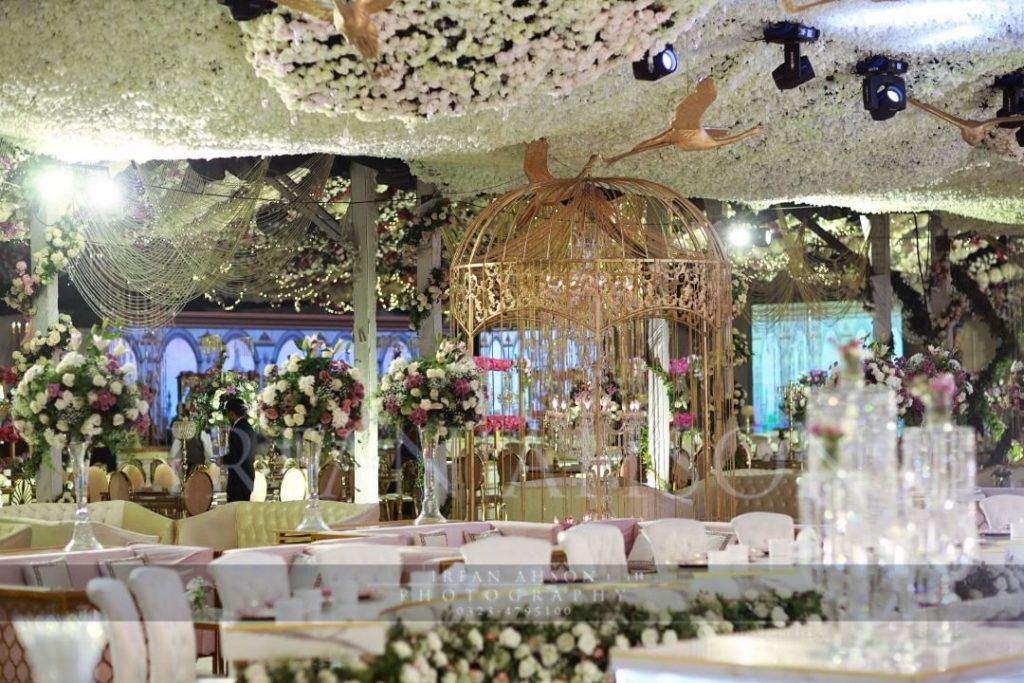
And that is exactly the point. Big fat weddings are not just a display of wealth, and for people of the old seth mentality, they squeeze from them everything they can. A big fat wedding in today’s day and age is an exercise in branding. It is a declaration of princely status, and a source of marvel to the world. If you can market yourself as rich, you are effectively marketing yourself as successful. And success sells.
Jalal Sons and Master Tiles, however, might have been a little overzealous in their efforts. Because when you are trying to market yourself as rich and successful, without a finely tuned sense of subtlety, you run the risk of marketing yourself as gaudy as well. And the next step from gaudy, God forbid, is to be perceived as the reprehensible term, new money. Nouveau-riche, to the cognoscenti.
So who exactly are these two families, and how did they make the money that they so readily want to display? More importantly, what does incurring such an expenditure mean in terms of business decisions? Profit, reviews the Jalal Sons-Master Tiles wedding.
The families
Jalal Sons, of course, is not new money at all. Today, they have at least 20 branches scattered all across Lahore, with some of their prime locations including huge centers in DHA Phase 5, Faisal Town, and at least five more branches within DHA. But their most famous branch is the one in Gulberg’s Main Market.
Founded in 1958, Jalal Sons Main Market over the years came to define elite shopping. It is where the who’s who of Lahore went for their grocery and chance encounters. It was known not just for its quality and imported products, but also as a status symbol. Jalal Sons sold expensive products because of the high-end reputation they gained over the years. With the opening of more branches all over the city, they have become less exclusive and have made a lot more money.
The expansion, of course, came as a result of the many heirs to Jalal Sons growing up and wanting a part in running the family business. But while the main market in Gulberg may have been the place the Jalal Sons brand started, it is not where the family got its beginnings. That was in Ghumti Bazar, one of the largest and oldest markets in the Old City, found at the intersection of Lohari, Bhatti, and the Roshnai gate.
It was here that Muhammad Alaf Khan established the first Jalal Sons in 1948 as a bakery and store that kept small goods on hand. The business grew, and in 1958 Alaf’s two sons, Jalal A Khan and Sohail A Khan closed shop in the old city and shifted to Gulberg.
The old city had once had an upper class clientele, with the residents of large havelis and the descendants of Mughal nobility still commanding respect. But over the centuries their fortunes had dwindled, and wealth in the city now centered around areas like Gulberg, Model Town, and Shah Jamal – places that were back then still considered the city’s suburban intelligentsia.
It is one of Jalal A Khan’s grandsons, unnamed and unimportant, that is now getting married, with Jalal Sons an entrenched brand all across Lahore and spreading in other areas of Punjab as well. The woman he is getting married to, whose name has also been kept out of the press and with no consequence, is the daughter of Shaikh Mehmood Iqbal, the owner of Master Tiles.
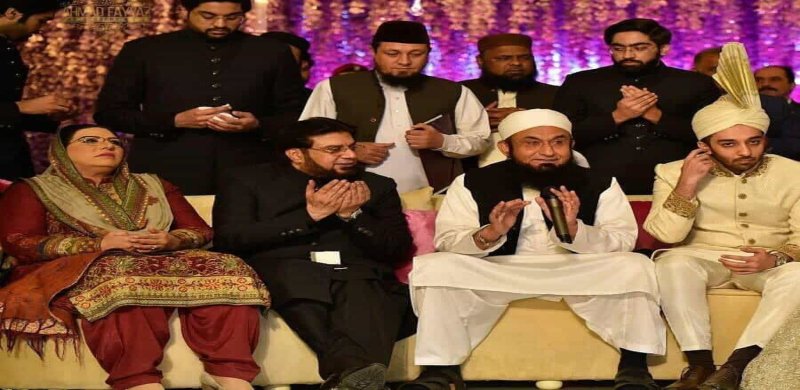
His trajectory is quite different. For starters, the Master Tiles family is not a Lahori family. They are from Gujranwala, and their business is not a few generations old either. In fact, Master Tiles is only three decades old, so less than even half of how long Jalal Sons has been around.
Founded in 1982 by Sheikh Iqbal, the company does not have the same historical or cultural capital as Jalal Sons among the Punjabi business circles, but they seem to place a lot more worth on family history.
Where the Jalal Sons website displays a two line ‘About Us,’ Master Tiles’ website has detailed messages from the CEO and General Manager, as well as a professionally crafted company timeline, that traces the journey of Master Tiles since its inception in 1982. It is clearly the kind of endeavour that a company trying to establish itself as a business family would make.
There is a tick among Pakistan’s businesses that makes them suckers for grandeur. Call it seth culture or call it delusion, if you make big bucks in Pakistan, chances are you want to act and be treated like royalty. It is this very desire that drives people like Sheikh Iqbal, who otherwise has spent a lifetime building up his company, to spend extravagantly and publicly on events like a child’s wedding.
It is also the same sort of thinking that makes them want to marry into other influential families like the Jalal Sons family. It becomes, to put it crudely, a question of pedigree. Of acting and feeling somehow higher, more rooted, more deserving than an average person. A business alliance through marriage might seem archaic, but it could still make sense. If Uber and Careem were family run businesses in Pakistan and the owners decided to get their children married, it would be an interesting business decision. It would be even more interesting to see whether or not the Competition Commission of Pakistan had anything to say about the nuptials.
But when a tile manufacturer marries their child to the child of a chain of superstores, that is a wedding of wealth marrying wealth. The old adage is there within the middle classes as well, that a desi wedding does not take place between a bride and a groom but between a job and a dowry. This is the same thing on a much larger scale, and it looks just as bad.
The wedding
The first thing that stuck out like a sore thumb was not the invitation cards that came with laddus covered in 24 karat gold. It was not even the fact that the card that came with the laddus explicitly read that they had been covered in 24 karat gold. It was not even the circus acts, the decorations, the flowers or the celebrities. No. It was the hashtag.
Emblazoned in neon lights at the entrance to the grand wedding were not the names of the bride and groom, it was the hashtag that read #JalalSons&MasterTilesWedding. So from the very entrance, the guests knew they were not just allowed to, but actively being encouraged to post about the wedding on social media. It was essentially an edict to show off the wealth of the two families. Flood social media. Let people see. Let people know. That was the purpose of that hashtag.
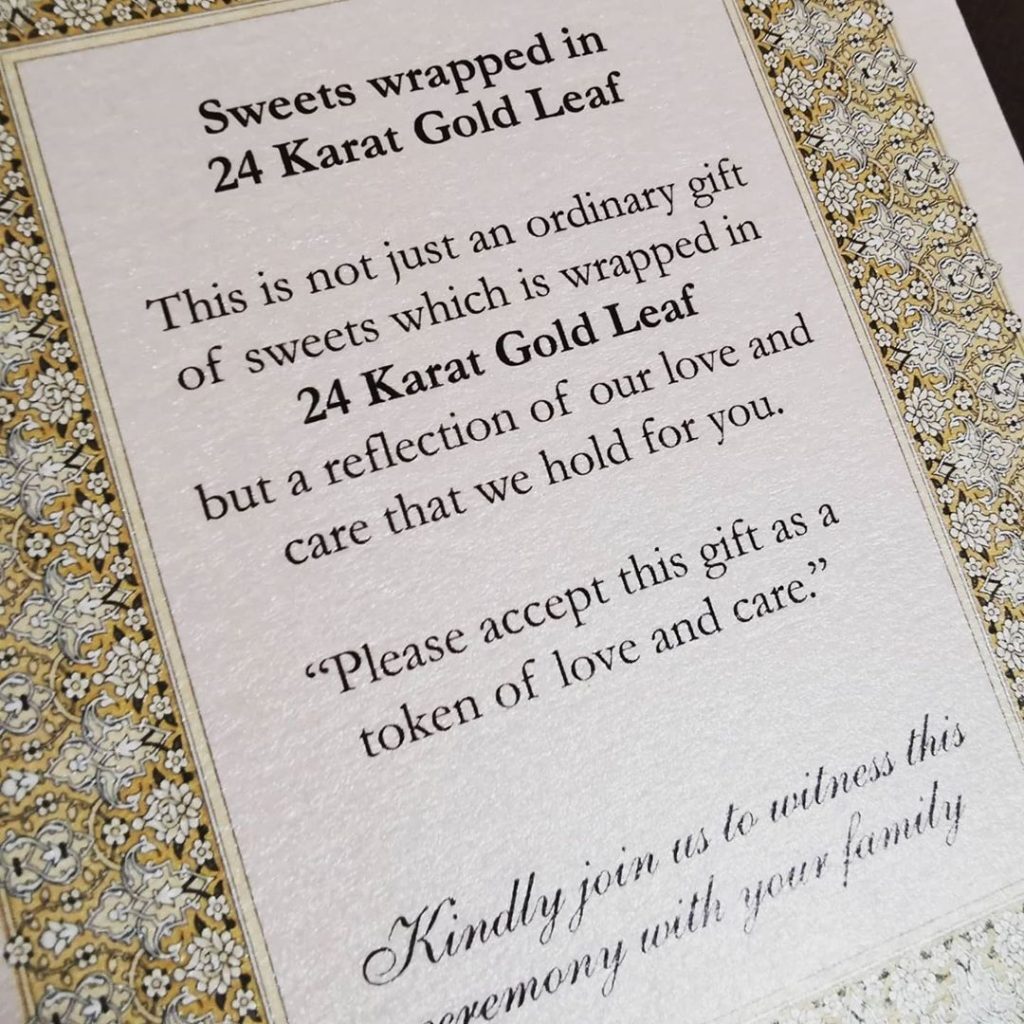
In other parts of the world, particularly the United States, couples sometimes use hashtags on Facebook and Instagram as a means of helping their friends find photos that other people took at the event. The hashtags are usually based on the couples’ names. Not at this wedding. The hashtag looked more like a merger announcement than a wedding.
And that is when you begin to notice other things in the pictures. Once you are done gawking at the trapeze artists, and the mile long dessert table. You see flexes with a coat of arms and the words ‘Jalal Sons’ and ‘Master Tiles’ plastered anywhere possible. It is the kind of self congratulatory behaviour that one can only hope was made in good faith.
For all the effort that the wedding had made to project an image of splendour and luxury, the gawking crowds of Twitter and Instagram made their voices heard. There were the typical complaints of the money possibly being used for more noble purposes. Then there were concerns about the festivities being a massive coronavirus spreader, fueled more by the maskless attendance of Punjab Information Minister, Firdous Ashiq Awan. The issue was aggravated further when it was observed that no guest was seen wearing a facemask, while all of the servers and on-site workers were made to wear masks. (Sure, keep telling us the caste system does not exist in Pakistan.)
And of course, there was the fun poked at the fact that the wedding seemed more like a merger than it did a wedding.
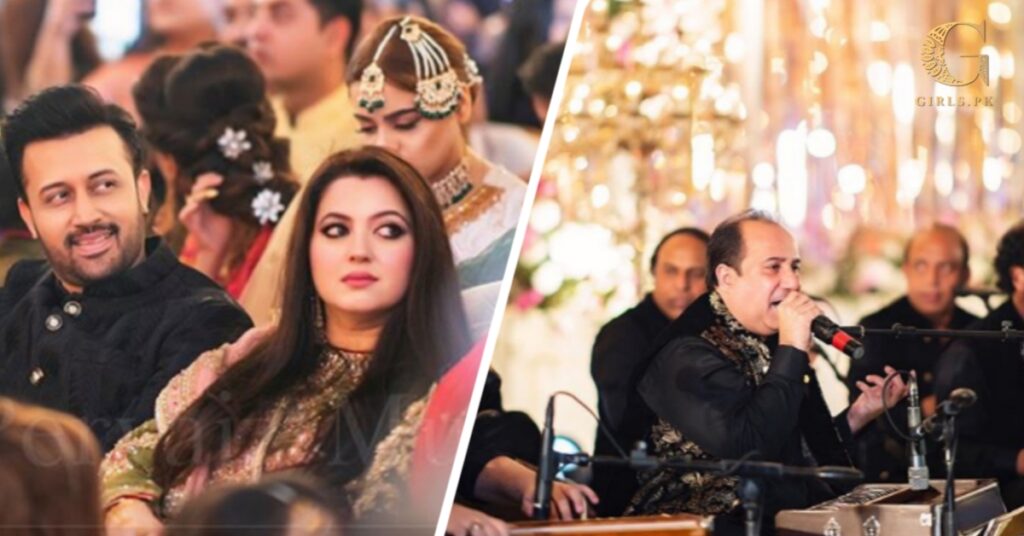
This magazine’s sister satirical publication, The Dependent, picked up on it as well, running with the headline, “Major shift in Westerosi politics after House Jalal Sons and House Master Tiles become allies through marriage.” The Dependent was not the only organization to notice, with the Federal Board of Revenue asking Master Tiles to explain expenditure incurred on the wedding.
Needless to say, the wedding did not have the intended effect that the two families had been hoping for. These sensibilities of Pakistani business families make them feel the need to be ostentatious. That brandishing their wealth and influence increases it in the public perception, and thus increases it in reality as well.
The figure being thrown around was Rs2 billion (Rs200 crore, or $12.6 million). Whether that is on the high end or not, that is the public perception. And as always, the response to that has been slack-jawed awe, as well as humorous quips. And as a marketing tool, for all the criticism it may have faced, the big fat wedding did get one message across – these families may be pretentious, but they have serious money. And that, at the end of the day, was the message received.



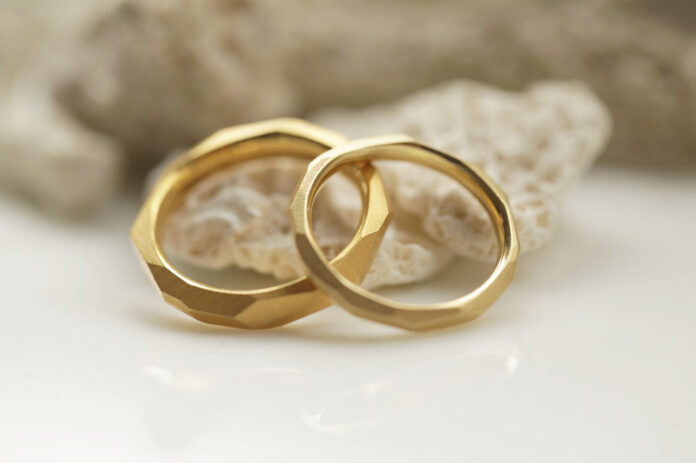






Thank admin, I appreciate your effort, you have quality content on your website,
I have bookmarked for future pursue. Keep it up Truly decent and intriguing post. I was searching for this sort of data and delighted in perusing this one.
Continue posting. A debt of gratitude is in order for sharing
Usually, I never comment on blogs but your article is so convincing that I never stop myself to say something about it. You’re doing a great job Man, Keep it up. very interesting, good job and thanks for sharing such a good blog.
I agree with you
Very well written!
The only thing I liked about this article was the way it was written , solid super spreader event, it seems that It wasn’t only covid that may contaminate such folks but the racism and wastage and mere pomp and show that exists may have been even more potent.
For God sake stop this non sense. We have other important things . What they had done good For the society? They have set a bad example which is against our teachings.Stop playing money money. If you have decided to waste it,don’t worry Aalah will take it back and will give it to those who spend on Allah s creature….
Excellent write up by Abdullah. This is kind of content that has waned over the years.He is original and refreshing….kudos
The all this is because of jealousy in our culture mostly punjabi’s who can’t see anyone else. so this all drama was started due to that cheap mentality that if someone have money and he want to do things with their own status other people can’t see that thing. and about FBR they are sleeping all the time when some big politician or any other with power or influence just now they are awake and doing this drama FBR’s officers own family’s are sitting out of country and enjoying money collected on daily or monthly basis. there is long to say but for now its enough if admin will approve this.
Brilliant piece of writing! Always refreshing to read more from Abdullah Niazi.
Thoroughly enjoyed reading this. Beautifully written. Was an eye opener!
Very well written!
I was emply of Jalal sons 2003 .jalal sons is very big organization. The owner of jalal son .jalal Alif khan and sohail Alif khan was very great and expert business man they respect staff .